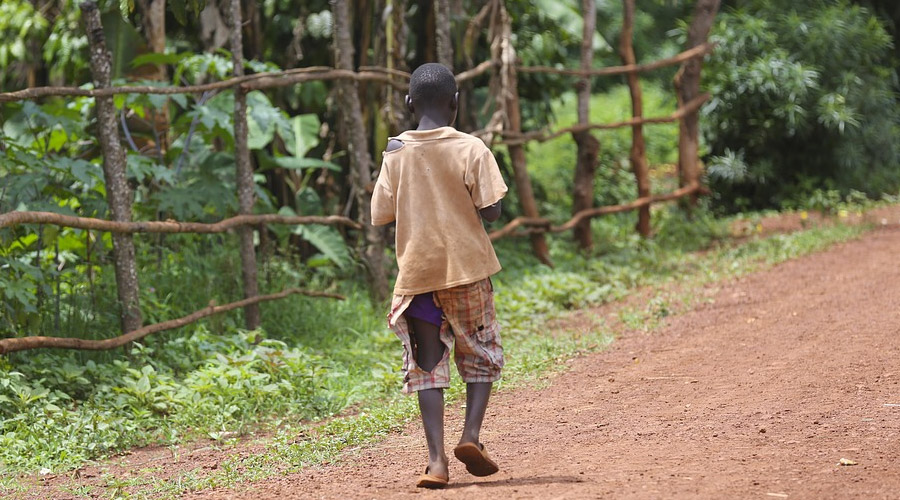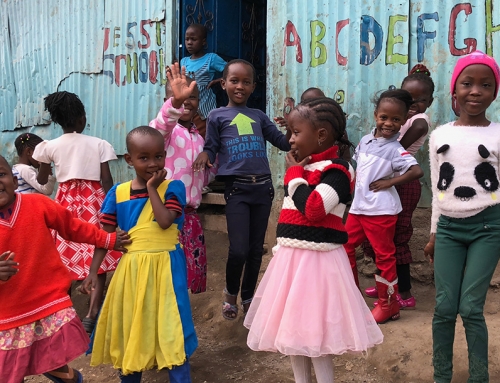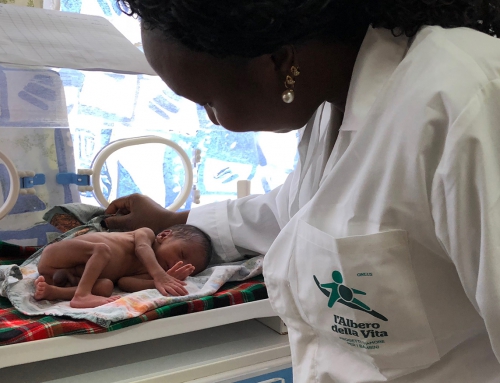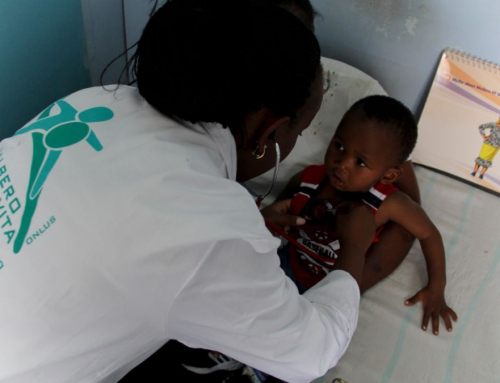Project Description
Mathare and Korogocho are among the biggest slums in Nairobi. In these highly-overcrowded, dangerous and unhealthy settlements, infrastructures and personal care services are absolutely inadequate to meet the population’s needs.
In such environments people still suffer from serious issues: in particular, food and nutrition insecurity; the lack of means of subsistence and of activities that may ensure sufficient income levels for families’ continuous well-being; illnesses linked to unsanitary conditions, inadequate eating habits and improper hygiene or health practices.
The project ended in December 2016 and, after two years of activity, its results are really encouraging with regards to food safety, urban agriculture and the introduction of hygiene, health and environmental practices.
This has led to an enhancement of beneficiaries’ skills to produce food by introducing and fostering environmentally-friendly urban agricultural techniques, together with livestock and fish-farming systems. Regarding the creation of urban gardens, the project has implemented water-supply systems to ensure suitable solutions for irrigation.
Furthermore, income-generating micro-activities have been boosted, allowing to work directly on the increased household economy. Consequently, the productive aspect of the project —together with the agricultural activity— has translated into new activities in the slums, such as the production of bamboo hand-made products and local craft. This has been possible thanks to the foundation of two cooperatives, which are operational after two years and have launched several income-generating activities.
Apart from the agricultural and productive components, the project has also had a positive social and cultural impact on the beneficiary population: good hygiene and health practices and proper eating habits have been introduced to improve their living conditions. Within a slum, this important issue also implies a higher respect for the environment one lives in.




